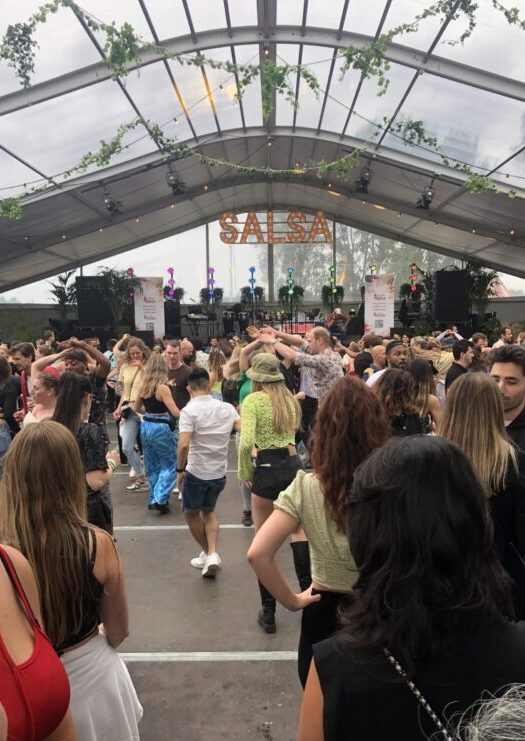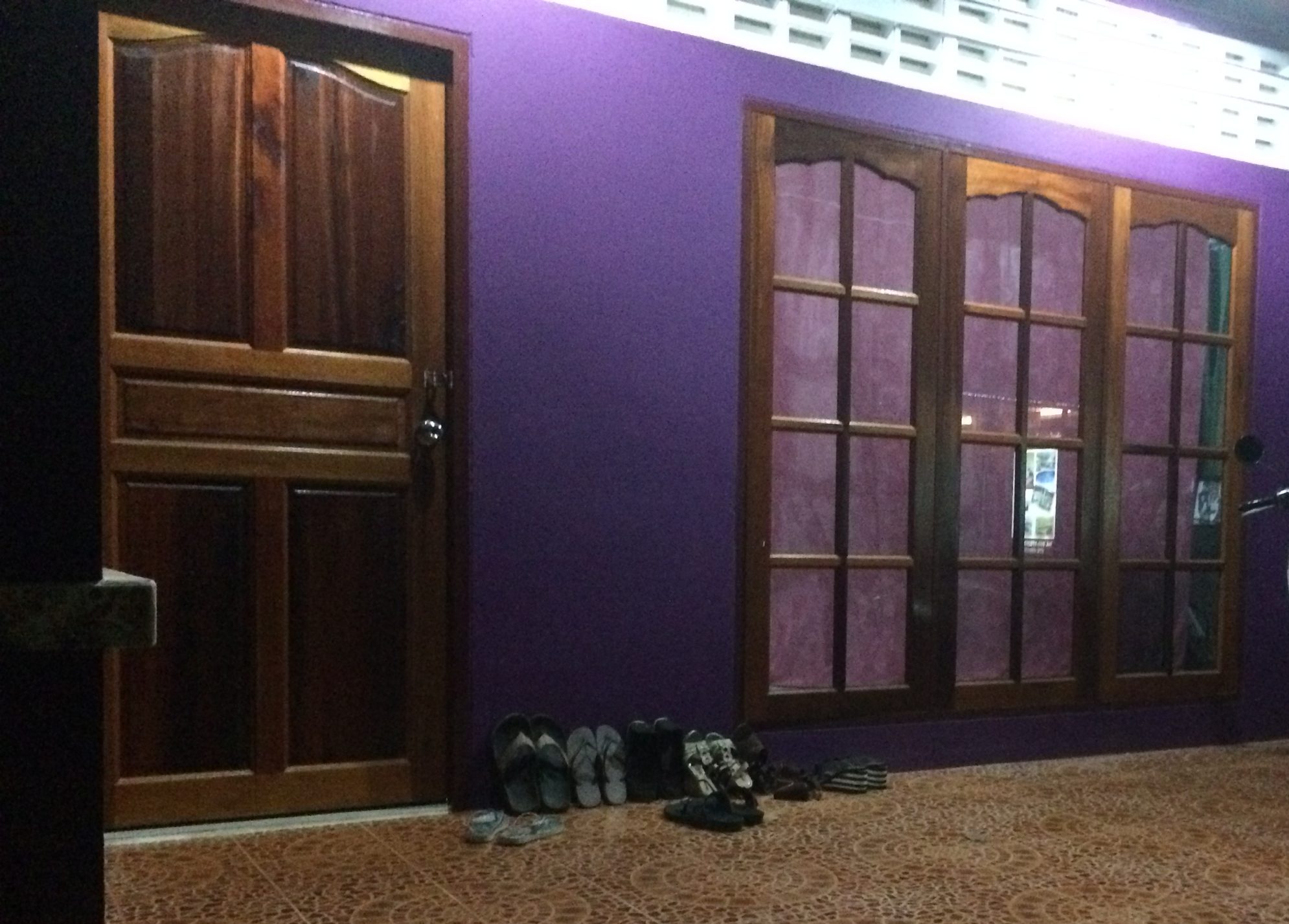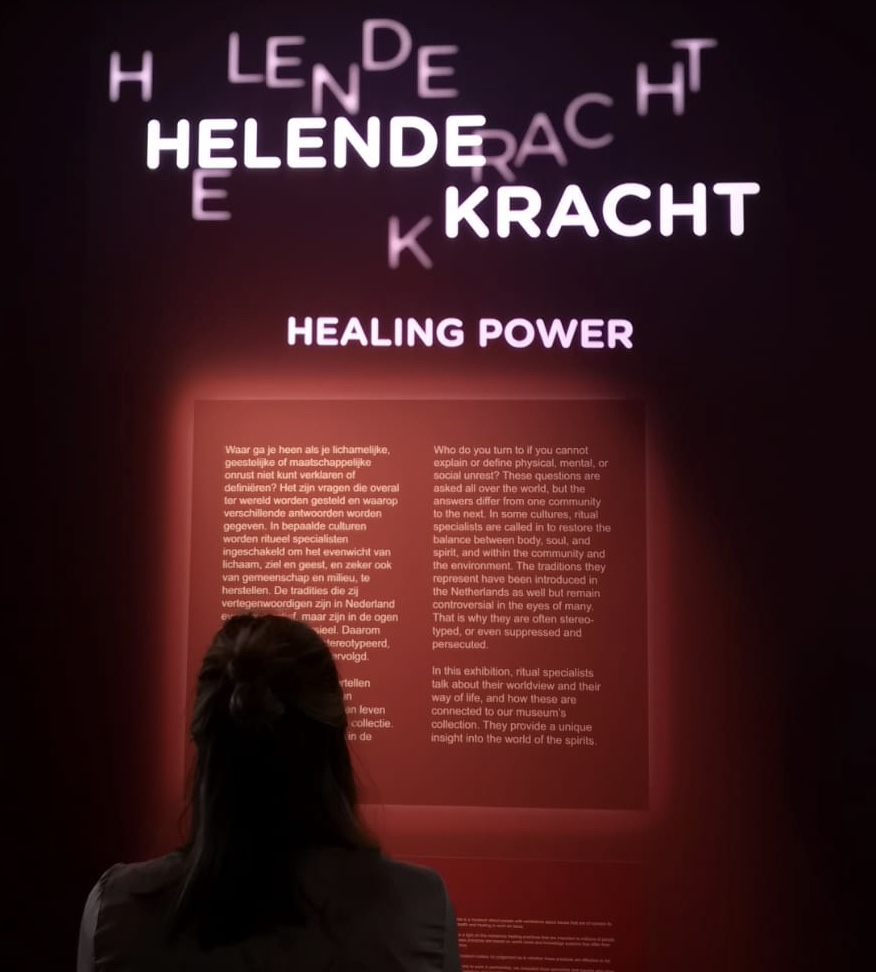Beschrijving
Why you want to watch your language and how your life will change because of it.
Brené Brown. Wrote a book called ‘Atlas of the Heart’. And she writes: Language matters it’s the raw material of story, it changes how we feel about ourselves and others, and it’s a portal to connection .
Here is some food for thought: When you don’t speak some ones else language the other person can’t hurt you it is when you give meaning to the words that is has an impact on you.
Here is an example how language can affects your mood:Have you ever said to yourself I am so depressed? Or I am so Fucked up? That is labeling yourself. But what in fact you are doing is you are identifying yourself with lower vibrations.You are not…… (fill in the blanc) but you feel…(fill in the blanc).
 When you feel bad about yourself or have low self-esteem probably this has happened.
When you feel bad about yourself or have low self-esteem probably this has happened.
Someone told you (by internalizing their language) you are such a bad boy/ girlfriend of bad child or a coach who said you will fail you can’t do it. Or you are stupid and can’t do anything right? Whatever negative thing someone told you Big chance you started believing some of those comments in your younger years. Big chance someone told this to you and you internalized this. How does it help you now by saying that? It doesn’t does it?
This is just one example of why you want to watch your language to yourself but also to someone else. When you say to yourself I am so stupid. Would you use those same words to a friend? No? then why do you say it to yourself?
Saying to your friend you big fuck or pig or whatever even do it is supposed to be funny, your subconscious doesn’t understand the difference between a joke or not. So watch your language.
Another life hack that can change your life by using language the right way is doing so by mirroring feelings especially with little kids but we all could use this.
I will use an example from the book How to be an adult in relationships. Written by David Richo:
When you grow up and your care giver didn’t do mirroring when you are a kid. This will have an effect on you when you are an grown up. When your scared as a kid. How did your caregiver respond to you? When it responds by mirroring: The caregiver can say; I see you being scared, or yes it can be scary but I will be thinking about you. I will be there to pick you up afterwards. Don’t let the being scared stopping you from having a good time. Then the kid (the feeling) is being acknowledged. And so the kid learns to survive fear. Becoming an more confident human being.
But what if you had a caregiver who said: Stop being afraid! Stop being a cry baby. Then the kid will probably feel shame. `And still feels being afraid.’ And will have troubles with confidence being a grown up.
This is why mirroring ‘ feelings’ are so important. And even when you are an grown up. When you haven’t had a caregiver when younger this can be why you want to find people around you who mirror even when you are an adult. Mirroring can be an great asset.
Have you ever heard someone say; You don’t understand?! It means; I can’t show you my feelings because you can’t handle them. The person can feel scared or is maybe protecting the other from having to feel those feelings. The person maybe believes that others are too fragile to receive the feelings it is feeling. This is why mirroring is so important. It is emotional acceptance and support.
It matters not only what you say but also how you say things. Another example how powerful the use of language is with dehumanizing. This is also from the book from Atlas of the Heart from Brené brown.
‘Dehumanizing often starts with creating an enemy image. As we take sides, lose trust, and get angrier and angrier, we not only solidify an idea of our enemy, but also start to lose our ability to listen, communicate, and practice even a modicum of empathy.
Once we see people on “the other side” of a conflict as morally inferior and even dangerous, the conflict starts being framed as good versus evil.
‘Dehumanizing always starts with language, often followed by images. We see this throughout history. During the Holocaust, Nazis described Jews as Untermenschen—subhuman. They called Jews rats and depicted them as disease-carrying rodents in everything from military pamphlets to children’s books. Hutus involved in the Rwanda genocide called Tutsis cockroaches. Indigenous people are often referred to as savages. Serbs called Bosnians aliens. Slave owners throughout history considered slaves subhuman animals.
I hope you realize how powerfull your use of language is.








Beoordelingen
Er zijn nog geen beoordelingen.